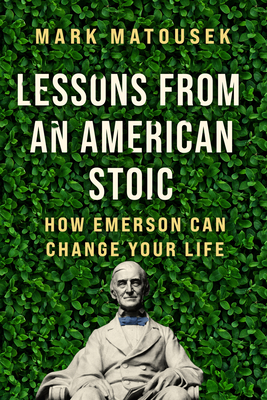
Essays and Lectures
Book Description
Awaken the mind with the electrifying pulse of 'Essays and Lectures,' where Ralph Waldo Emerson dares to challenge convention and ignite the flame of self-reliance. Through piercing insights and profound observations, he weaves a tapestry of thought that questions society, nature, and the very essence of the human spirit. Each page crackles with the urgency of his message, urging a rebellion against complacency. Dive into the depths of individualism and discover the transformative power of ideas that resonate across ages. How far would you go to nurture your true self in a world that demands conformity?
Quick Book Summary
Essays and Lectures by Ralph Waldo Emerson is a compilation of the philosopher's most influential works, exploring themes of individuality, nature, self-reliance, and the challenges of conformity. Emerson’s sharp prose and insightful reflections urge readers to look within, value their unique perspective, and engage deeply with the world. Through classic essays such as "Self-Reliance" and "Nature," Emerson introduced groundbreaking ideas that have shaped American thought and literature. His lectures further expand on spiritual and social themes, encouraging personal growth and intellectual independence. This collection remains a manifesto for unconventional thinking and a celebration of the human spirit’s transformative power.
Summary of Key Ideas
Table of Contents
The Importance of Self-Reliance
Emerson advocates passionately for the cultivation of self-reliance, arguing that every individual possesses an inner genius that should be trusted and developed. He contends that people often suppress their true selves to conform to societal expectations, leading to lives of mediocrity and regret. Emerson insists that true fulfillment comes from nurturing one’s distinct voice and values, even when this means challenging tradition or facing isolation. His essays empower readers to embrace authenticity and take risks in pursuit of personal growth.
Nature as a Source of Truth and Inspiration
Nature plays a central role throughout Emerson’s philosophy. He describes nature as a profound source of spiritual and intellectual inspiration, offering wisdom far greater than what can be learned from society alone. Through direct experience with the natural world, Emerson believes individuals can cultivate intuition and deepen their understanding of universal truths. This connection to nature is both practical and mystical, encouraging readers to seek beauty, harmony, and meaning beyond material concerns.
Critique of Societal Conformity
Emerson is relentless in his critique of conformity and the constraints imposed by social institutions, including government, church, and traditional education. He challenges his audience to resist blindly following the crowd and to formulate independent judgments. This skepticism extends to mass opinion and inherited customs, which Emerson views as obstacles to genuine progress. He proposes that one must accept the discomfort of being misunderstood or criticized in exchange for developing an original life.
The Value of the Individual
At the core of Emerson’s thought is a profound optimism about the inherent worth and potential of every individual. He sees each person as capable of insight, creativity, and moral action. By emphasizing the sanctity of the individual, Emerson promotes an egalitarian vision that values diversity of thought and experience. His writing suggests that personal advancement and societal progress are deeply interlinked, with each individual contributing to the broader evolution of humanity.
Spiritual Growth Through Intellectual Independence
Emerson’s lectures and essays explore not only practical behaviors but also the spiritual dimensions of intellectual independence. He encourages continual learning, introspection, and engagement with philosophical questions. Emerson proposes that true spiritual growth is cultivated when individuals exercise freedom of thought, resist dogmatism, and pursue truth for its own sake. This holistic vision of personal development urges readers to transcend mere compliance and live with purpose, passion, and clarity.
Download This Summary
Get a free PDF of this summary instantly — no email required.





